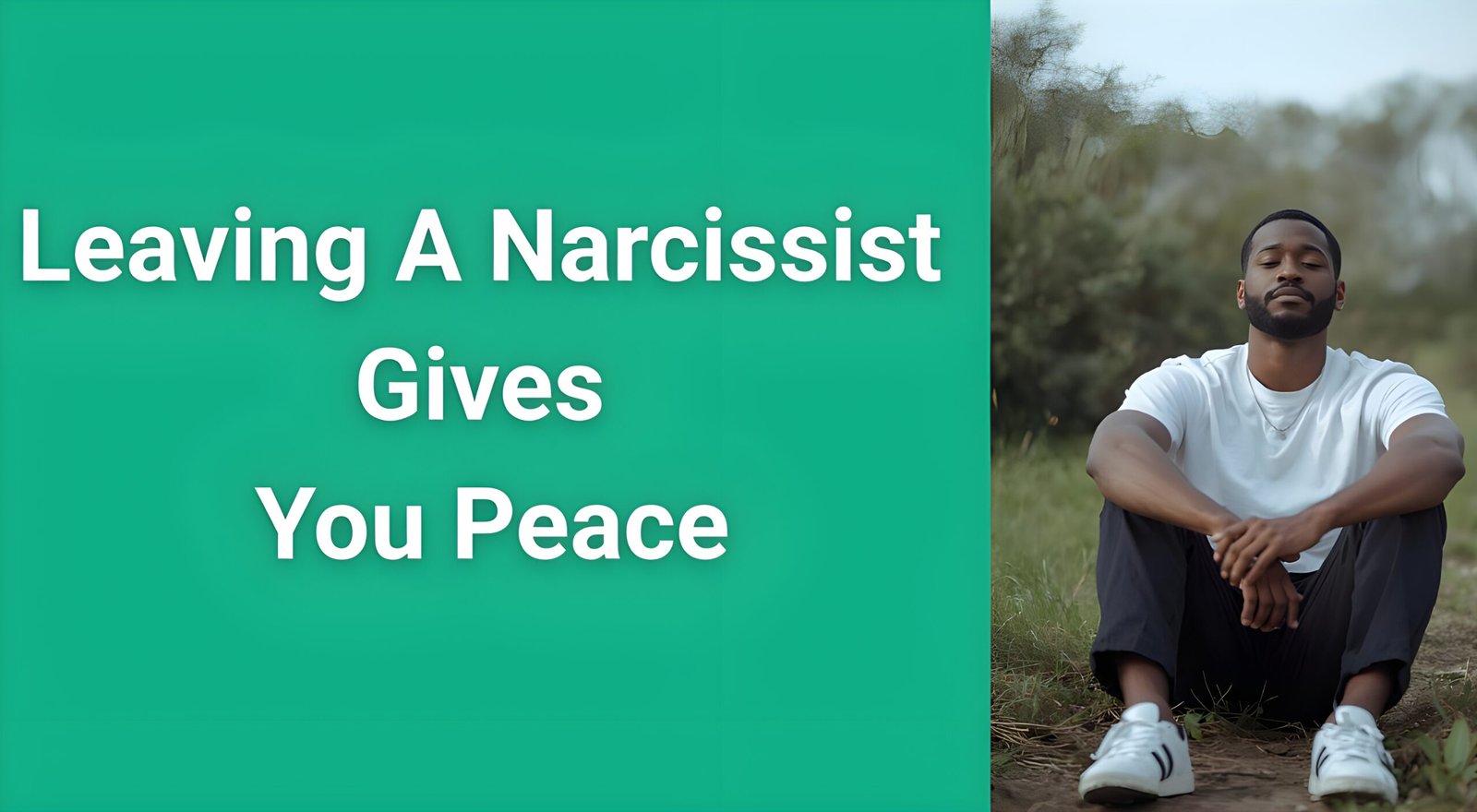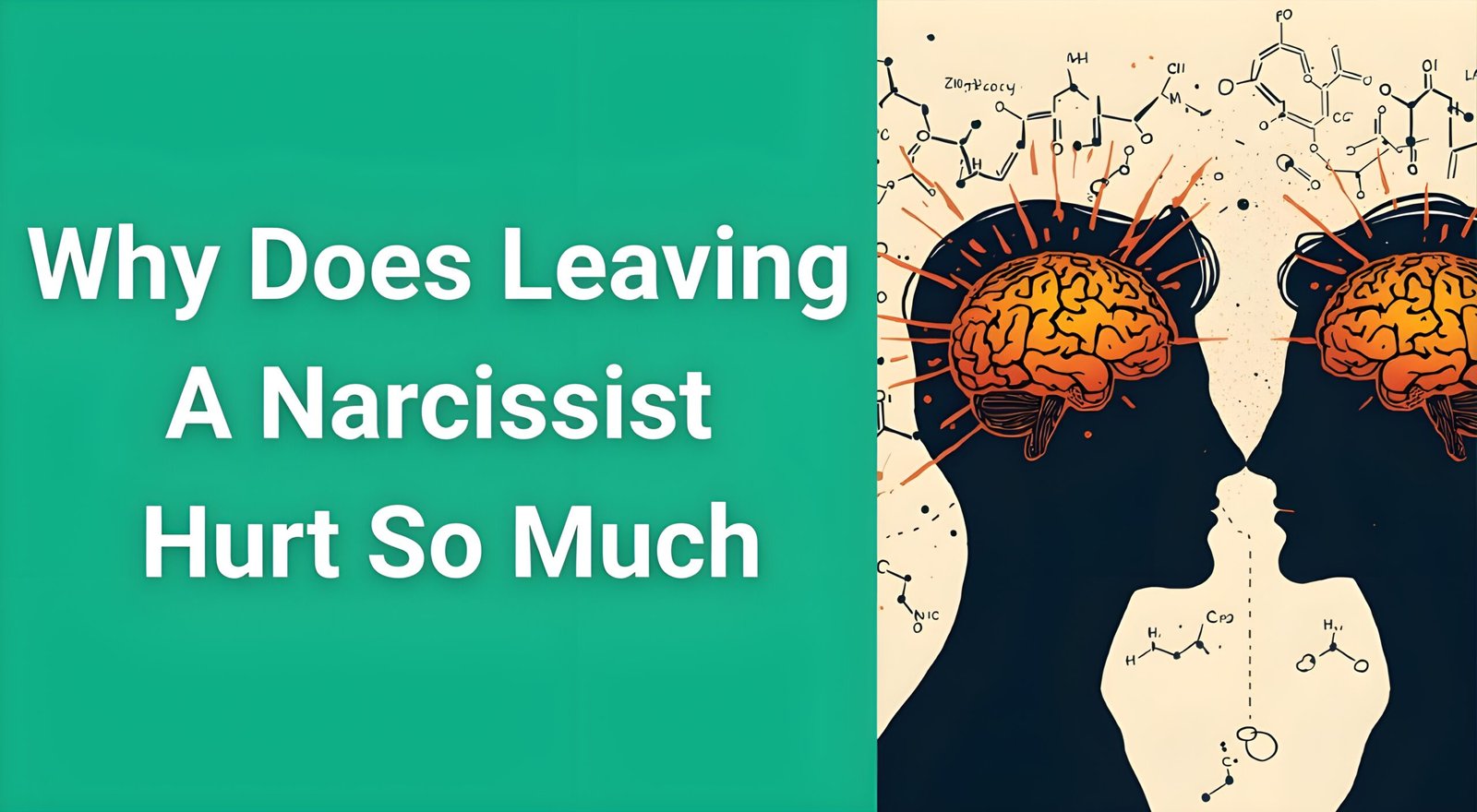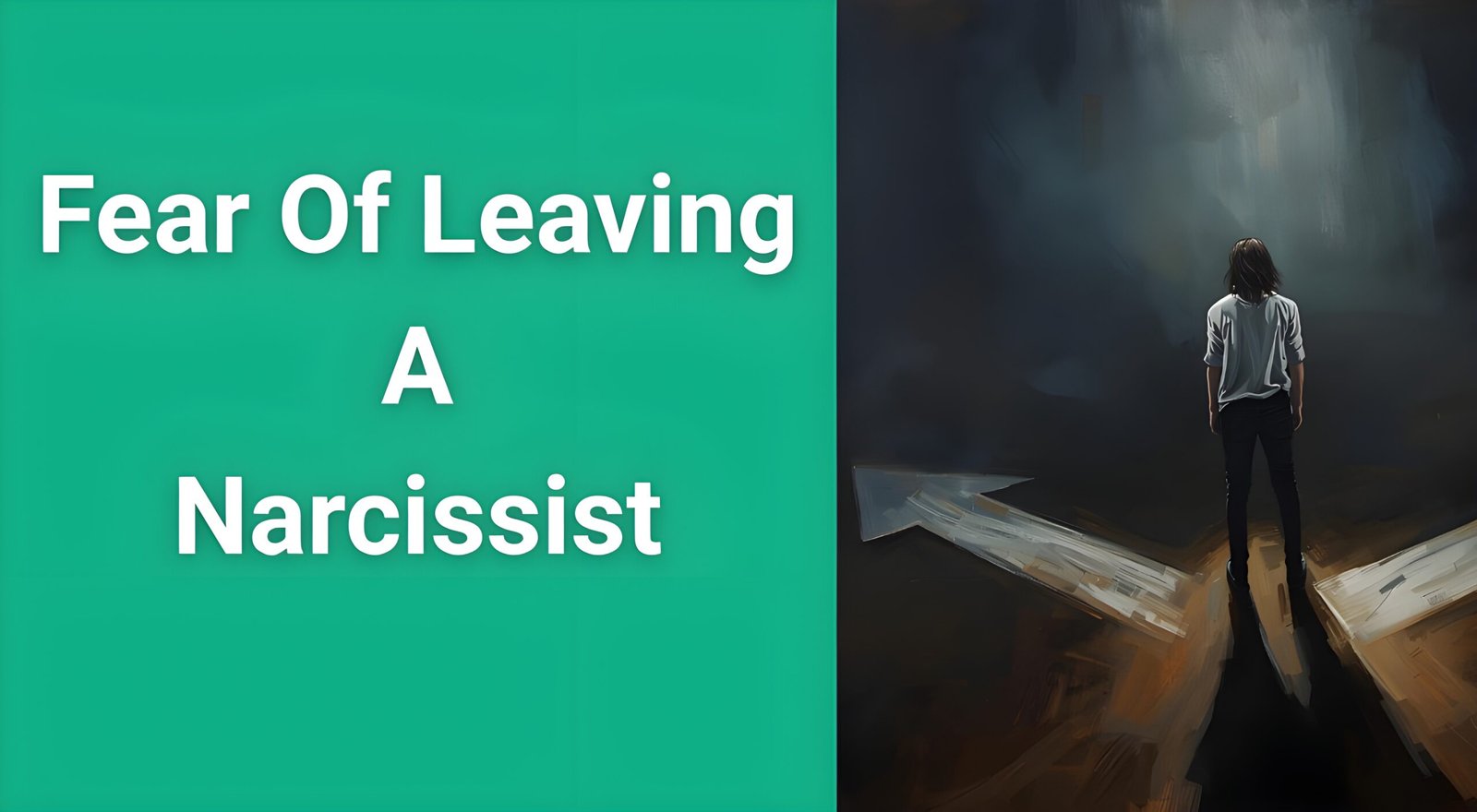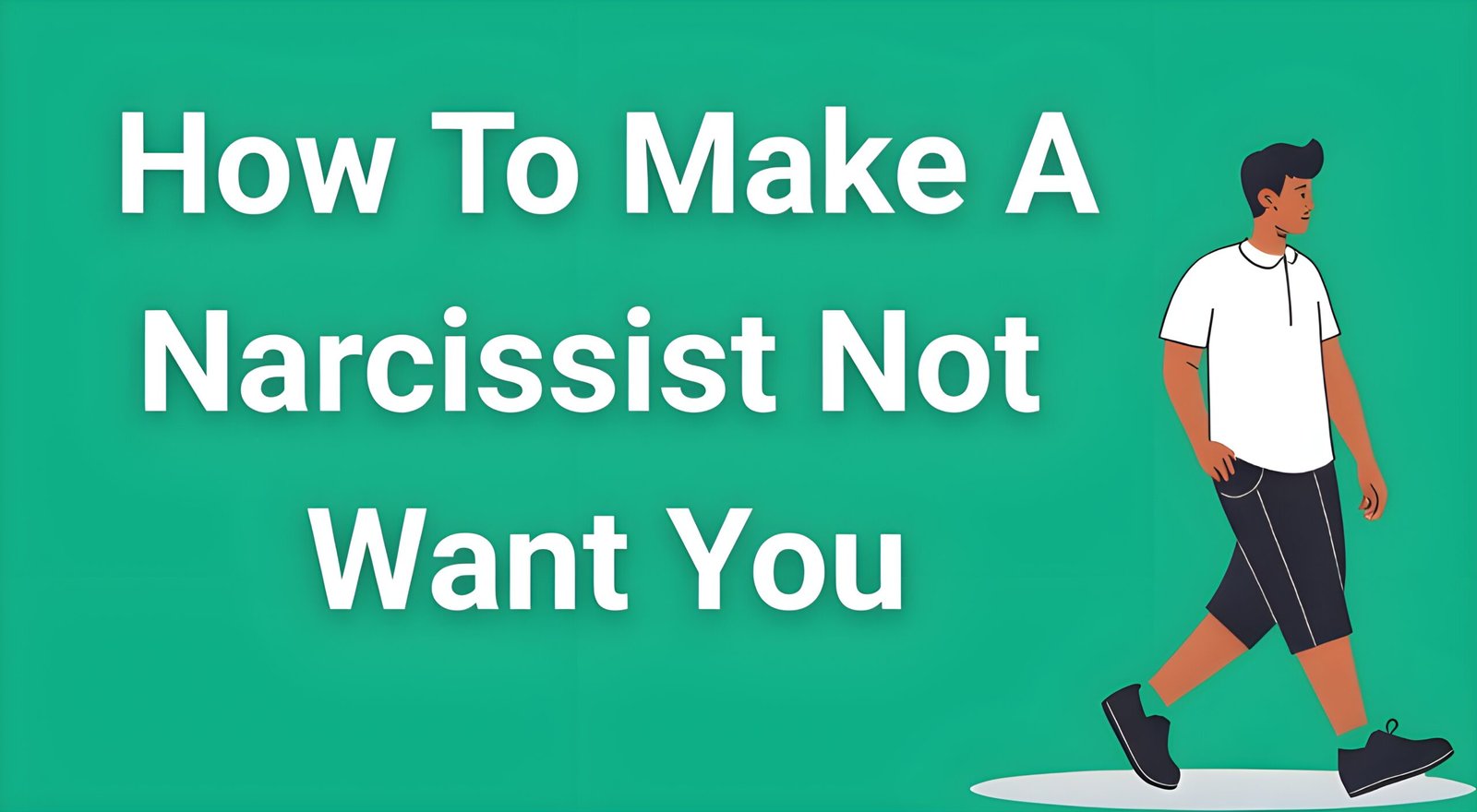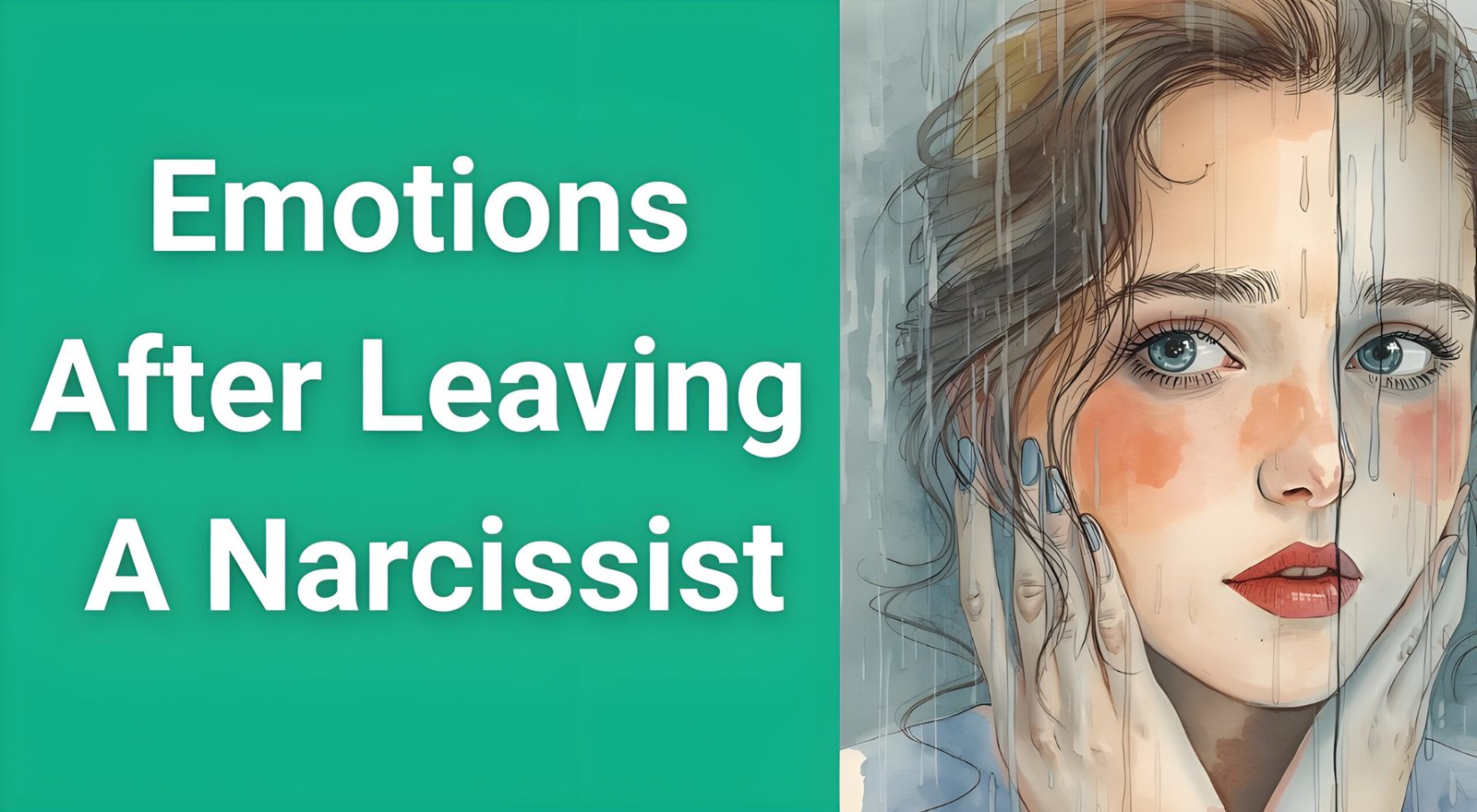If you’re questioning whether leaving a narcissist gives you peace, you’re not alone in this painful uncertainty. After years of chaos, manipulation, and walking on eggshells, the idea of true peace might feel like an impossible dream. But here’s what no one tells you: the peace that comes after leaving a narcissist is unlike anything you’ve ever experienced. It’s not just the absence of conflict—it’s the profound, life-changing tranquility of finally being able to breathe again.
- The Hidden Cost of Living with a Narcissist
- The Science Behind Post-Narcissist Peace
- The Seven Stages of Peace After Leaving a Narcissist
- The Physical Manifestations of Peace
- Overcoming the Fear of Leaving
- Building Your New Peaceful Life
- The Ripple Effects of Your Healing
- Maintaining Your Peace Long-Term
- Common Questions About Post-Narcissist Peace
- When You Need Professional Help
- Resources for Your Healing Journey
- Your Journey to Peace Starts Now
- Frequently Asked Questions
The truth is, while you’re trapped in the cycle of narcissistic abuse, your nervous system never gets to rest. Your mind never stops racing. Your heart never stops bracing for the next emotional assault. But when you finally break free, something miraculous happens: you discover a depth of peace you didn’t even know was possible.
The Hidden Cost of Living with a Narcissist
Before we explore the incredible peace that awaits you, it’s crucial to understand what living with a narcissist actually costs your mental and emotional well-being. Narcissistic abuse isn’t just about the obvious moments of rage or manipulation—it’s about the constant, low-level trauma that rewires your brain for hypervigilance and fear.
Your Nervous System Under Siege
When you live with a narcissist, your body exists in a perpetual state of fight-or-flight. Every conversation becomes a potential minefield. Every silence gets analyzed for hidden meanings. Your adrenal glands work overtime, flooding your system with stress hormones that were never meant to be sustained long-term.
This chronic activation of your stress response doesn’t just affect your mental health—it impacts everything from your sleep patterns to your immune system. Many survivors don’t realize they’ve been living in survival mode until they finally experience what normal feels like.
The Erosion of Your Inner Voice
Perhaps the most insidious aspect of narcissistic abuse is how it systematically dismantles your ability to trust yourself. Through gaslighting, emotional manipulation, and constant criticism, narcissists create an environment where you second-guess every thought, feeling, and instinct.
This erosion of self-trust creates a specific type of exhaustion that goes far beyond normal tiredness. It’s the bone-deep weariness that comes from being disconnected from your own inner wisdom. Every decision becomes a source of anxiety because you’ve lost touch with your natural ability to know what’s right for you.
The Science Behind Post-Narcissist Peace
Understanding why leaving a narcissist gives you peace requires looking at what happens in your brain and body when you’re finally free from chronic psychological stress. The transformation isn’t just emotional—it’s neurological, physiological, and spiritual.
Nervous System Regulation Returns
When you remove yourself from the constant threat of narcissistic abuse, your nervous system can finally downregulate. This means your body can shift from survival mode back into a state where healing, creativity, and genuine connection become possible again.
The parasympathetic nervous system—responsible for rest, digestion, and restoration—can finally do its job. This is why many survivors report dramatic improvements in sleep quality, digestive issues, and overall physical health within months of leaving.
Reclaiming Your Authentic Self
One of the most profound sources of peace after leaving a narcissist is the gradual return of your authentic self. During the relationship, you likely adapted your personality, suppressed your needs, and modified your behavior to avoid triggering narcissistic rage or punishment.
This constant self-monitoring and modification is exhausting work. When you’re finally free to be yourself without fear of retribution, the relief is indescribable. You can laugh too loudly, express unpopular opinions, or simply exist without performing for anyone else’s approval.
Breaking Free from Trauma Bonds
The reason many people struggle to leave narcissistic relationships isn’t weakness—it’s biochemistry. Narcissists create powerful trauma bonds through intermittent reinforcement, alternating between cruelty and kindness in unpredictable patterns. This creates an addiction-like attachment that can feel impossible to break.
Understanding that your attachment to the narcissist isn’t love—it’s a neurological response to trauma—can be incredibly liberating. When you finally break these bonds, the peace that follows isn’t just emotional relief; it’s freedom from a biological addiction that was hijacking your decision-making capacity.
The Seven Stages of Peace After Leaving a Narcissist
The journey to peace after narcissistic abuse isn’t linear, but understanding the common stages can help you navigate the process with greater self-compassion and realistic expectations.
Stage 1: The Withdrawal Phase
Initially, leaving a narcissist might not feel peaceful at all. Many survivors experience what feels like emotional withdrawal—anxiety, depression, physical symptoms, and intense cravings to reconnect with their abuser. This is your brain’s natural response to breaking a trauma bond.
During this phase, it’s crucial to remember that these difficult feelings are temporary and part of the healing process. Your nervous system is recalibrating after existing in crisis mode for so long. The peace will come, but first, your body needs to process the accumulated stress and trauma.
Stage 2: The Fog Begins to Lift
As the initial withdrawal symptoms subside, you’ll start experiencing moments of mental clarity that you haven’t felt in months or years. This is when many survivors realize just how much the narcissistic relationship was affecting their ability to think clearly.
You might find yourself making simple decisions—like what to eat for lunch—without the usual anxiety or second-guessing. These small moments of clarity are the first glimpses of the peace that’s coming.
Stage 3: Rediscovering Your Preferences
One surprising aspect of recovery is realizing how many of your own preferences and desires you’ve lost touch with. During this stage, you begin the joyful process of rediscovering who you are when you’re not constantly adapting to someone else’s demands.
This might mean remembering that you actually love jazz music, that you prefer quiet evenings to busy social events, or that you have strong opinions about things you thought you didn’t care about. Each rediscovery brings a small surge of peace as you reconnect with your authentic self.
Stage 4: Establishing Healthy Boundaries
As you heal, you naturally develop stronger boundaries—not just with the narcissist, but with everyone in your life. You learn to say no without extensive justification, to ask for what you need, and to remove yourself from situations that don’t feel right.
These healthy boundaries create a protective buffer that allows genuine peace to flourish. When you know you can protect your energy and well-being, relaxation becomes possible in a way it never was during the abusive relationship.
Stage 5: Experiencing Authentic Relationships
One of the most beautiful aspects of healing from narcissistic abuse is discovering what healthy relationships actually feel like. As you recover, you attract and are attracted to people who respect your boundaries, support your growth, and offer genuine reciprocity.
These authentic connections provide a stark contrast to the transactional, manipulative dynamics you experienced with the narcissist. The peace that comes from being truly seen and accepted for who you are is transformative.
Stage 6: Finding Joy in Solitude
Perhaps counterintuitively, one of the greatest sources of peace after narcissistic abuse is learning to enjoy your own company. Many survivors discover that they actually prefer solitude to the constant drama and chaos they once thought was normal in relationships.
This isn’t about becoming antisocial—it’s about recognizing that peace with yourself is the foundation for all other forms of peace. When you can be alone without feeling lonely, you’ve achieved a level of emotional independence that no one can take away from you.
Stage 7: Integration and Thriving
The final stage involves integrating all your healing and growth into a new way of being in the world. You maintain the peace you’ve cultivated while engaging fully with life, relationships, and your purpose. The trauma becomes part of your story rather than the whole story.
At this stage, many survivors find they want to help others who are still trapped in narcissistic relationships. This isn’t about becoming a savior, but about using your hard-won wisdom to offer hope to those who need it most.
The Physical Manifestations of Peace
The peace that comes from leaving a narcissist isn’t just emotional—it shows up in tangible, physical ways that often surprise survivors. Your body keeps the score, and when you remove it from a chronically stressful environment, the improvements can be dramatic.
Sleep Quality Transforms
Many survivors report that sleep becomes restorative again. Without the constant hypervigilance required to navigate an unpredictable partner, your mind can finally quiet at night. You stop waking up multiple times analyzing conversations or preparing for the next day’s potential conflicts.
Digestive Health Improves
Chronic stress wreaks havoc on digestive health, and many people don’t realize their stomach issues are stress-related until they experience the relief that comes after leaving an abusive situation. The gut-brain connection means that emotional peace directly translates to physical comfort.
Energy Levels Return
The exhaustion that characterizes life with a narcissist isn’t just tiredness—it’s soul-deep depletion. When you’re no longer spending enormous amounts of energy managing someone else’s emotions and reactions, that energy becomes available for your own healing and growth.
Chronic Pain Often Decreases
The body holds trauma in fascinating ways, and many survivors find that chronic pain conditions improve dramatically after leaving abusive relationships. While not everyone experiences this, the correlation between emotional peace and physical comfort is undeniable for many.
Overcoming the Fear of Leaving
If you’re currently in a narcissistic relationship and reading this, you might feel simultaneously hopeful and terrified. The fear of leaving is real and valid—narcissists often make it clear that there will be consequences for anyone who tries to escape their control.
Safety Planning is Essential
The peace that comes after leaving a narcissist is worth fighting for, but your safety must come first. Creating a comprehensive safety plan before making any moves is crucial, especially if you’re dealing with someone who has shown violent tendencies or made threats.
This might involve saving money in a secret account, documenting abuse, connecting with domestic violence resources, or gradually building a support network the narcissist doesn’t know about. Remember, the most dangerous time for someone in an abusive relationship is often when they try to leave.
You Don’t Have to Face This Alone
One of the most isolating aspects of narcissistic abuse is how it cuts you off from your support networks. Many survivors feel like they have no one to turn to, but this isolation is by design. Narcissists work systematically to make their victims feel alone and helpless.
If you’re struggling to see a way out, consider reaching out to professionals who specialize in narcissistic abuse recovery. Sometimes an outside perspective can help you see possibilities that seem invisible from inside the relationship.
The Power of Professional Support
Working with someone who truly understands the complexities of narcissistic abuse can be transformational. A comprehensive analysis of your specific situation can provide the clarity you need to make informed decisions about your future.
Getting expert insight into your relationship dynamics, the specific type of narcissistic abuse you’re experiencing, and a personalized roadmap for recovery can be the difference between staying stuck and finding your way to freedom.
Building Your New Peaceful Life
Once you’ve successfully left a narcissistic relationship, the work of building a genuinely peaceful life begins. This isn’t about returning to who you were before—it’s about becoming who you were always meant to be.
Creating Sacred Space
Your physical environment plays a crucial role in maintaining the peace you’ve worked so hard to achieve. This might mean rearranging your living space to reflect your authentic tastes, creating quiet corners for reflection, or simply enjoying the freedom to make your home feel like a sanctuary rather than a battlefield.
Developing Healthy Routines
Narcissistic relationships often involve unpredictable chaos that makes normal routines impossible. As you heal, establishing consistent, nurturing routines becomes both a form of self-care and a way to signal to your nervous system that you’re safe now.
This might look like morning meditation, regular exercise, consistent sleep schedules, or weekly activities that bring you joy. The predictability that felt stifling in the context of control becomes comforting when it’s self-imposed.
Cultivating Mindfulness
The peace that follows narcissistic abuse isn’t just about the absence of chaos—it’s about developing the capacity to be fully present with your own experience. Mindfulness practices help you stay grounded in reality rather than getting lost in anxious thoughts about the past or future.
Many survivors find that meditation, yoga, journaling, or other contemplative practices become essential tools for maintaining their peace. These activities help you stay connected to your inner wisdom and recognize early warning signs if old patterns start to creep back in.
Rebuilding Trust Gradually
Learning to trust others again after narcissistic abuse is a delicate process that can’t be rushed. The peace you’ve cultivated needs to be protected, which means being selective about who you allow into your inner circle.
This isn’t about becoming paranoid or closed off—it’s about honoring the wisdom you’ve gained through your difficult experiences. You now know what red flags to watch for, and you have the right to take your time getting to know new people before deciding how much access to give them to your peaceful life.
The Ripple Effects of Your Healing
When you successfully leave a narcissist and find the peace you deserve, the positive effects extend far beyond your own life. Your healing becomes a beacon of hope for others who are still trapped in similar situations.
Breaking Generational Cycles
If you have children, one of the most powerful gifts you can give them is the modeling of what healthy relationships look like. By choosing peace over chaos, you interrupt patterns that might have been passed down through generations.
Children who grow up with a parent who has healed from narcissistic abuse learn early what they should and shouldn’t accept in relationships. They develop strong internal compasses because they’ve seen what it looks like when someone prioritizes their own well-being.
Inspiring Others Through Example
You don’t have to become a counselor or write a book to help other survivors—sometimes the most powerful form of advocacy is simply living well. When friends, family members, or acquaintances see the transformation in your life, they may find the courage to examine their own relationships more closely.
Your peaceful presence becomes a form of permission-giving. Others who are trapped in cycles of abuse may not even realize that peace is possible until they see it embodied in someone they know.
Contributing to Collective Healing
Every person who successfully leaves a narcissistic relationship and finds peace contributes to a larger cultural shift. We’re living in a time of increasing awareness about emotional abuse and its effects, and your healing is part of that movement.
By refusing to accept breadcrumbs of love, by insisting on respect and reciprocity, and by prioritizing your own well-being, you’re helping to create a world where narcissistic abuse is less likely to flourish.
Maintaining Your Peace Long-Term
Finding peace after leaving a narcissist is an incredible achievement, but maintaining it requires ongoing attention and self-care. The goal isn’t perfection—it’s developing the skills and awareness needed to protect your peace while remaining open to love and connection.
Recognizing Early Warning Signs
Your experience with narcissistic abuse, while painful, has given you valuable skills for recognizing manipulation and emotional abuse. Trusting these instincts and acting on them quickly is essential for maintaining your peace.
This might mean ending friendships that feel one-sided, walking away from job opportunities that involve working with people who remind you of your ex-partner, or simply removing yourself from conversations that feel manipulative or degrading.
Continuing Professional Support
Many survivors find that ongoing support from professionals who understand narcissistic abuse is invaluable for maintaining their healing. This doesn’t mean you’re broken or weak—it means you’re committed to preserving the peace you’ve worked so hard to achieve.
Whether it’s regular therapy sessions, participation in support groups, or occasional check-ins with recovery specialists, having professional support can help you navigate challenges and continue growing.
Celebrating Your Progress
One of the most important aspects of maintaining peace is regularly acknowledging how far you’ve come. Survivors of narcissistic abuse often focus so intensely on healing that they forget to celebrate their victories.
Take time to notice the small daily freedoms you now enjoy—the ability to express your opinions, the luxury of changing your mind, the simple pleasure of not having to explain your every move to someone else. These seemingly small things are actually profound achievements.
Common Questions About Post-Narcissist Peace
“How Long Does It Take to Feel Peaceful After Leaving?”
The timeline for healing is different for everyone, but most survivors begin experiencing moments of genuine peace within 3-6 months of leaving. Full healing and integration often takes 1-3 years, depending on factors like the length of the relationship, the severity of the abuse, and the support systems available.
Remember that healing isn’t linear—you might have peaceful days followed by difficult ones. This doesn’t mean you’re moving backward; it means you’re processing trauma in the natural way that healing occurs.
“What If They Try to Come Back?”
Narcissists often attempt to reconnect with former partners, especially when they sense that person is beginning to heal and find peace. This is called “hoovering,” and it can be incredibly disruptive to your recovery process.
Having a clear plan for how you’ll handle contact attempts is essential. This might involve blocking all forms of communication, having a trusted friend screen your messages, or working with legal professionals if harassment becomes an issue.
“Can I Ever Have Healthy Relationships Again?”
Absolutely. While it’s natural to worry that your experience with a narcissist has damaged your ability to love and trust, the opposite is often true. The clarity you’ve gained about what healthy relationships look like actually makes you better equipped to create and maintain genuine connections.
Many survivors find that their post-abuse relationships are deeper and more satisfying than anything they experienced before because they now understand the difference between authentic love and manipulation.
When You Need Professional Help
While some survivors are able to navigate their healing journey independently, many find that professional support accelerates their recovery and helps them avoid common pitfalls.
Signs You Might Benefit from Expert Analysis
If you’re feeling stuck in your healing process, confused about whether your relationship was truly abusive, or unsure about how to move forward, professional insight can provide the clarity you need.
Sometimes an expert perspective can help you understand patterns you’re too close to see clearly, identify specific areas that need attention, or develop strategies tailored to your unique situation.
The Value of Specialized Support
Not all therapists or counselors understand the specific dynamics of narcissistic abuse. Working with someone who specializes in this area can make a tremendous difference in your healing process.
Specialists understand concepts like trauma bonding, gaslighting, and the particular ways narcissistic abuse affects your sense of reality. They can provide validation, education, and practical tools that general counselors might not be equipped to offer.
Resources for Your Healing Journey
As you work toward finding peace after narcissistic abuse, having the right resources can make all the difference. While professional support is invaluable, there are also practical tools you can use to support your own healing process.
Understanding Trauma Bonds
One of the biggest obstacles to leaving a narcissist and finding peace is the trauma bond that keeps you psychologically attached even when you know the relationship is harmful. Understanding how these bonds form and how to break them is crucial for your freedom.
The cycle of intermittent reinforcement—where kindness and cruelty alternate unpredictably—creates powerful neurological pathways that can feel impossible to overcome with willpower alone. Learning science-based strategies for breaking these bonds can be transformational.
Building Your Recovery Toolkit
Recovery from narcissistic abuse requires a comprehensive approach that addresses the psychological, emotional, and practical aspects of rebuilding your life. Having structured guidance can help you navigate this complex process more effectively.
A well-designed recovery program provides daily practices, educational content, and strategic exercises that help you rewire your brain for freedom rather than bondage. This kind of systematic approach can accelerate your healing and help you maintain the progress you make.
Your Journey to Peace Starts Now
The peace that comes from leaving a narcissist is real, achievable, and more profound than you can imagine while you’re still trapped in the chaos. It’s not just about ending the drama—it’s about discovering who you truly are when you’re free to be yourself.
Every day you delay leaving, every day you accept less than you deserve, is another day stolen from the peaceful life that’s waiting for you. You deserve to wake up without anxiety. You deserve to express your thoughts without fear. You deserve to be loved for who you are, not for who someone else wants you to be.
The journey to peace isn’t always easy, but it’s always worth it. Your future self—the one who sleeps peacefully, laughs freely, and loves authentically—is waiting for you to take the first step.
If you’re ready to begin this journey, remember that you don’t have to figure it out alone. Professional support, structured recovery programs, and evidence-based healing tools can help you navigate this transition more safely and effectively.
Your peace is possible. Your freedom is waiting. The only question left is: when will you choose yourself?
Frequently Asked Questions
Q: Is it normal to feel guilty about leaving a narcissist?
A: Yes, guilt is extremely common and often indicates how thoroughly the narcissist has conditioned you to prioritize their needs over your own. This guilt typically fades as you heal and remember that self-preservation isn’t selfish.
Q: What if I can’t leave right now due to financial or family obligations?
A: Even if immediate physical separation isn’t possible, you can begin emotional detachment and safety planning. Many people find peace by working on internal boundaries while preparing for eventual departure.
Q: How do I know if my relationship is narcissistically abusive or just difficult?
A: Narcissistic abuse involves systematic patterns of manipulation, gaslighting, emotional volatility, and control. If you’re constantly walking on eggshells and questioning your own reality, professional assessment can provide clarity.
Q: Will the narcissist change if I give them more chances?
A: Narcissistic personality patterns are deeply ingrained and rarely change, even with therapy. Your peace and well-being can’t depend on someone else’s unlikely transformation.
Q: How can I heal from trauma bonds that keep pulling me back?
A: Trauma bonds require specific, science-based interventions that address the neurological addiction created by intermittent reinforcement. Professional guidance and structured recovery programs are often necessary to break these powerful attachments.
Q: Is it possible to co-parent peacefully with a narcissist?
A: While challenging, many people successfully implement strategies for parallel parenting that minimize conflict and protect children from ongoing exposure to narcissistic dynamics. Professional support is often essential for navigating this complex situation.

